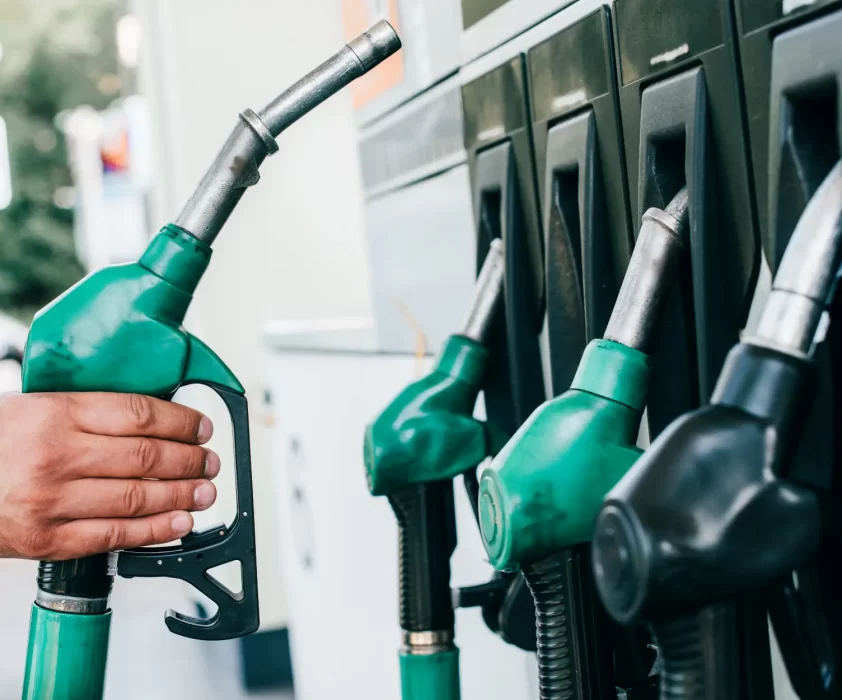
Background
Republicans have spent in excess of $120 million to hammer Joe Biden and the Democratic party over the increase in inflation,
especially the increase in the cost of gasoline. And with good reason, presidential approval, and his party, is closely linked to
prices at the pump. The current administration claims the recent 2 million barrel OPEC+ production cut was timed just before the
2022 mid-terms to damage the current party’s political prospects.

(Jimmy Carter to Joe Biden)
Why are gas prices so expensive and what can the president realistically do about it?

(barrels)
The earliest and most prominent measure to combat fuel price rises has been crude oil drawdowns from the United States
Strategic Petroleum Reserve (SPR). The SPR can be thought of as an oil bank meant to deal with temporary supply shortfalls. The
SPR has been steadily drained over the last two years and sits at its lowest level in almost 40 years.

(million barrels)
Meanwhile, U.S. gasoline stocks, as reported by the Energy Information Administration (EIA) in their weekly “This Week In
Petroleum” report shows the 2022 gasoline stocks in blue is below the 5-year trend in grey.
So where is all the gasoline going if the U.S. is doing all it can to increase production?
The United States is the worlds largest oil consumer, consuming nearly 20% of the worlds crude oil in 2021. It is also the worlds
largest oil producer, producing nearly 14.4% of the world’s oil in 2021. Economic sanctions imposed on Russia have led to low
inventories world-wide and for increased demand for U.S. petroleum products. Exports of U.S. petroleum have averaged nearly 6
million barrels per day, an 11% increase compared with 2021. The U.S. exports more oil than it ever has, much of which is coming
from the SPR and sent to the rest of the world.
The Fuel Export Ban Option (An October Suprise)
There are growing calls from within the president’s party for a fuel export ban. Energy and Commerce Committee Chairman
Frank Pallone, Jr. (D-NJ) has urged President Biden to halt crude oil exports to increase the domestic supply of oil available to
U.S. refiners and help reduce prices at the pump here at home.
The idea of limiting U.S. fuel exports to keep domestic energy prices in check is not new. From 1975 through 2015 the Energy
Policy and Conservation Act (EPCA) forbade U.S. exports of oil however the boom in shale oil from 2009 to 2015 led to the U.S.
becoming a major oil producer and the act was repealed.
Reinstating the EPCA would be the largest step the administration could take to upset global oil markets in an attempt to lower
domestic fuel prices. The likelihood of this event occurring diminishes drastically post the mid-term elections.
Summary
A fuel export ban, the reinstatement of the EPCA, would be the most dramatic steps the president could take to decrease domestic
fuel prices and improve ratings short term. Benefits may also include refilling the SPR but would come at great disruption to U.S.
allies in Europe that depend on U.S. oil while raising the U.S. trade deficit.
Download the full article here.